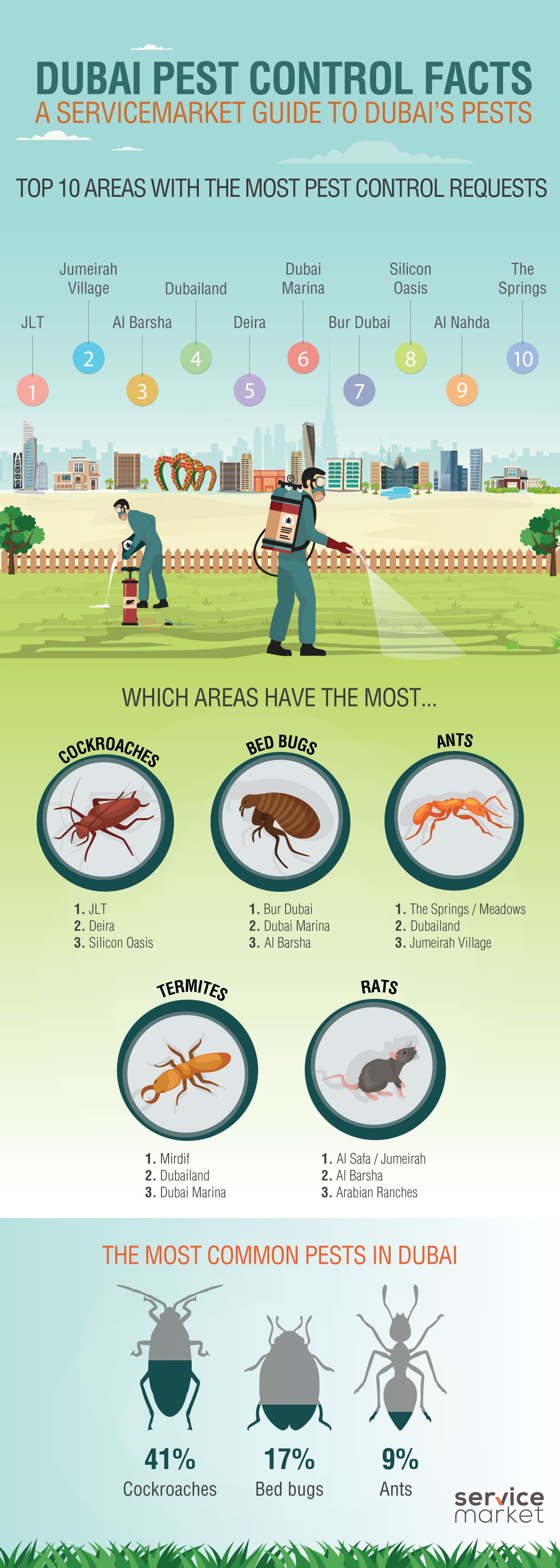Get Ready To Turn Your Yard Right Into A Pest-Free Place Using These Imaginative Pointers And Strategies
Get Ready To Turn Your Yard Right Into A Pest-Free Place Using These Imaginative Pointers And Strategies
Blog Article
Content Develop By-Gupta Trujillo
Imagine your garden as a haven, a location of peace and appeal. However, the existence of outside pests can promptly disrupt this idyllic picture. What if there were straightforward yet reliable ways to keep these unwelcome visitors away and safeguard your yard oasis? By following a couple of functional tips and applying natural strategies, you can create a harmonious exterior room where your plants can thrive uninterrupted.
Natural Pest Deterrents
To maintain insects away from your yard naturally, plant aromatic natural herbs like mint and lavender. These fragrant plants not only include beauty to your garden however additionally serve as effective parasite deterrents. Parasites like mosquitoes, flies, and even some garden-damaging insects are repelled by the solid scents emitted by these natural herbs. Just placing them tactically around your yard can assist develop a natural obstacle versus undesirable parasites.
In addition to mint and lavender, take into consideration planting various other herbs like rosemary, basil, and lemongrass to even more boost your yard's pest-proofing capabilities. These natural herbs not only serve as natural repellents however additionally have the added advantage of working in cooking or crafting self-made treatments.
Strategic Plant Positioning
Consider the design of your yard and the kinds of plants you need to tactically put them for maximum pest-proofing effectiveness.
Begin by grouping plants with comparable resistance to insects with each other. By doing this, you can create a natural obstacle that hinders pests from spreading throughout your garden.
Furthermore, putting pest-repelling plants like marigolds, lavender, or mint near more susceptible plants can help secure them. High plants, such as sunflowers or corn, can work as a shield for shorter plants versus parasites like bunnies or ground-dwelling pests.
Keep in https://ksoutdoors.com/Services/Rehabilitation to leave adequate room in between plants to improve air flow and decrease the risk of conditions that pests could carry.
In addition, consider planting strong-smelling natural herbs like rosemary or basil near vulnerable plants to confuse parasites' detects and make it harder for them to situate their targets.
Effective Bug Control Approaches
For combating yard pests effectively, carrying out a multi-faceted bug control method is essential. Beginning by encouraging all-natural predators like birds, ladybugs, and hoping mantises to aid maintain parasite populations in check. Presenting plants that attract these useful bugs can help in bug control. Furthermore, practicing good yard hygiene by getting rid of particles and weeds where bugs may hide can make your garden much less welcoming to undesirable visitors.
Consider utilizing physical obstacles such as row cover textiles or netting to safeguard susceptible plants from parasites like caterpillars and birds. Using organic pesticides like neem oil or insecticidal soap can additionally work versus specific bugs while being less dangerous to useful insects and the environment. It's critical to revolve your plants each season to prevent the build-up of bug populations that target specific plants.
Regularly check Read More On this page for indications of bug damages so you can do something about it quickly. By combining these techniques and remaining watchful, you can successfully regulate yard bugs and enjoy a growing, pest-free garden.
Conclusion
So, there you have it - with the appropriate techniques, you can maintain pesky outdoor pests away from your yard and assist your plants prosper.
Did you recognize that growing mint has been shown to repel mosquitoes and various other bugs, decreasing the requirement for dangerous pesticides by up to 60%?
By integrating natural deterrents and smart growing strategies, you can create a beautiful and pest-resistant garden oasis for you to enjoy.
